You’ve worked hard to plan your dream wedding down to the last detail. As you go over the day in your head you imagine the hall, your guests and friends, the flowers, the church, your dress, walking down the aisle to….. silence? You forgot the music!
This is all too common a scenario for couples. Unless you’ve specifically dreamed of certain music, it is often the forgotten detail. Choosing music doesn’t have to be difficult or time consuming and it can add so much to your day. Three things to consider when choosing ceremony music are: location of your ceremony, your personal style and the number of selections you need.
Location plays a big role in your music selection. A church or synagogue may have specific rules regarding music selection. You may be required to hire the organist or may not be allowed to use prerecorded music. Some places allow only sacred music and yet others are very liberal (I’ve done an all Disney wedding in a church before). You should always clear your music selections with your minister or officiant before you put a deposit down on a musician or print your programs.

Outdoor weddings offer more freedom in musical styles but may limit your options depending on how rustic the location. If electricity is needed, that has to be considered. Also, keep in mind some musicians can’t take their instruments to certain locations or may require shade, certain temperatures, level surfaces, etc… That said, the beauty of an outdoor wedding is that you can truly have your style reflected in the surroundings you choose as well as the music – be it steel drums, harp, string quartet, brass quintet, or your iPod.
Along with choosing your ceremony location comes the decision to have popular, classical, sacred music, or a mix. Do you picture yourself walking down the aisle to “Here Comes the Bride” or Jason Mraz? Or neither? There are so many options and every bride is different. If you have dreamed of a stately and dignified processional, then more traditional wedding music might suit you. If you want a lighthearted feel, then something more modern might be a better choice. A lot of brides hire musicians and then decide on a musical style at a later time to try and make it fit with the instruments. Sometimes that works and sometimes that doesn’t. As a harpist, I have played U2, Coldplay, and Metallica as well as other popular choices. I have heard string quartets play some very cool arrangements as well. Some combinations don’t carry over well – kind of like listening to Sheryl Crow sing opera or an opera singer sing Sheryl Crow’s music. Both are good at what they do and both kinds of music are great, but the mix doesn’t do any favors to the singer or the music.

How many music selections do you need? This is the easiest part. You will need music for the prelude, processionals (for the bride and bridesmaids), the recessional, and the postlude. I recommend looking over the ceremony outline and talking to your officiant to see if you need music during the ceremony as well, either between readings, or during a unity candle or sand ceremony. Most musicians don’t need a list of specific prelude and postlude pieces. If you tell them the style, they can fill the time with appropriate music. If you want a specific piece as the mothers are being seated, that should be the last piece of the prelude before the processionals.
Despite being a frequently overlooked detail, ceremony music is often one of the most memorable additions to the day. I can’t tell you the number of people who comment to me how they heard a harp at a wedding and have never forgotten it. My colleagues in other ensembles say they hear similar comments. Music helps the ceremony flow along smoothly and seamlessly. It adds to the beauty of the day as well as reflecting the personal style of the couple.

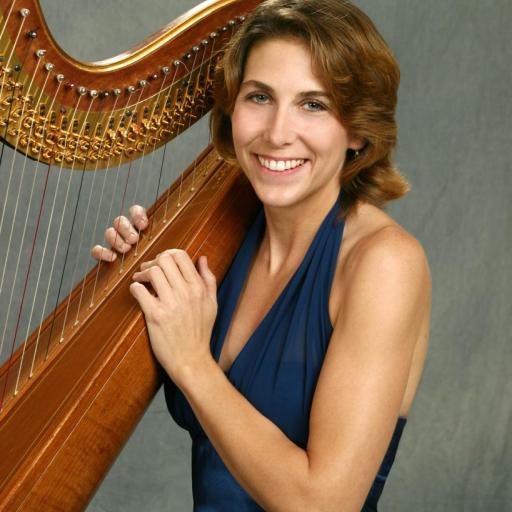
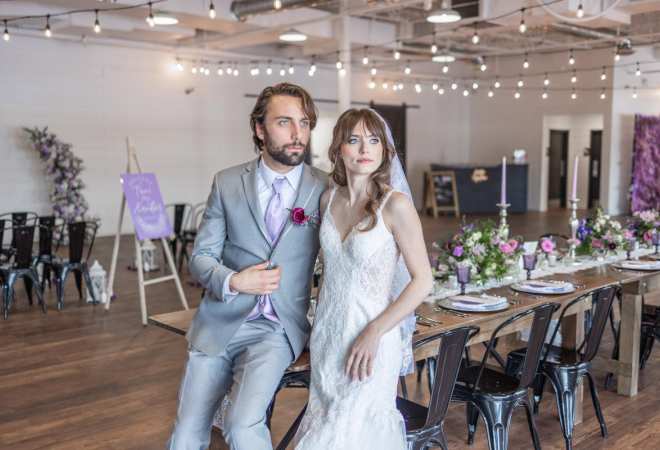

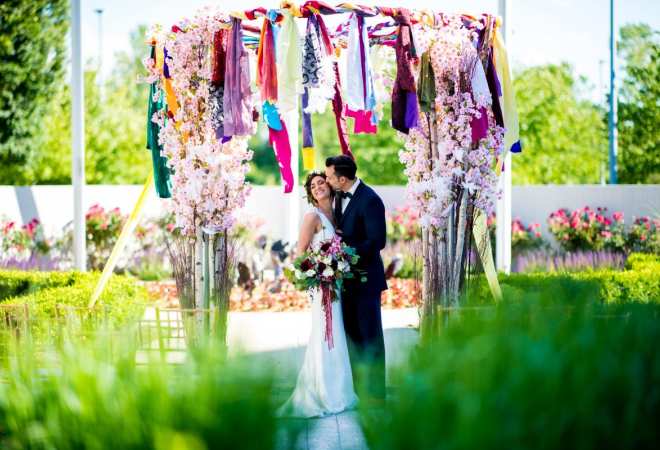
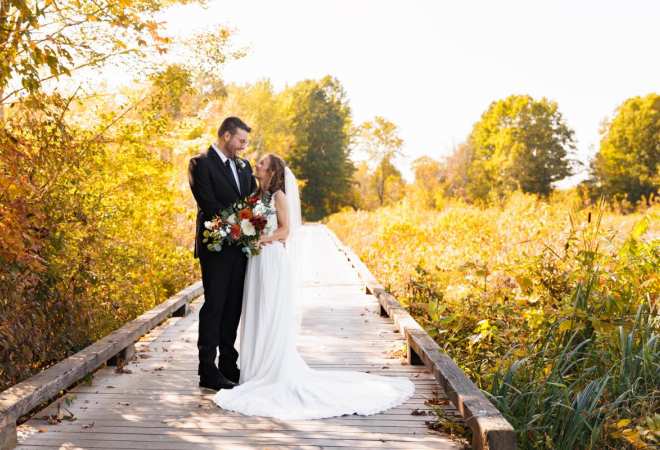
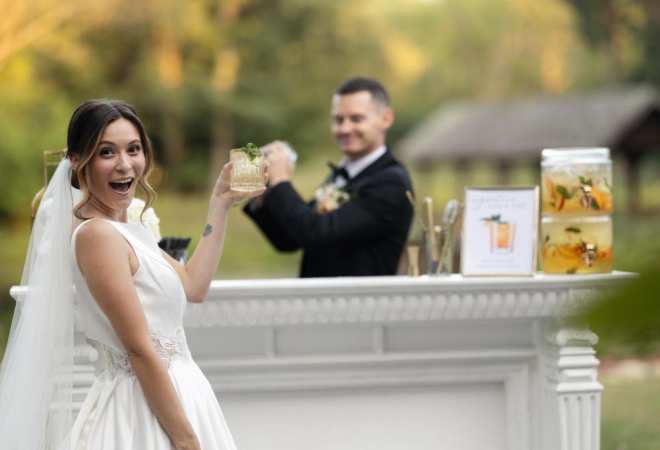
Join the conversation
Log in or register to post comments